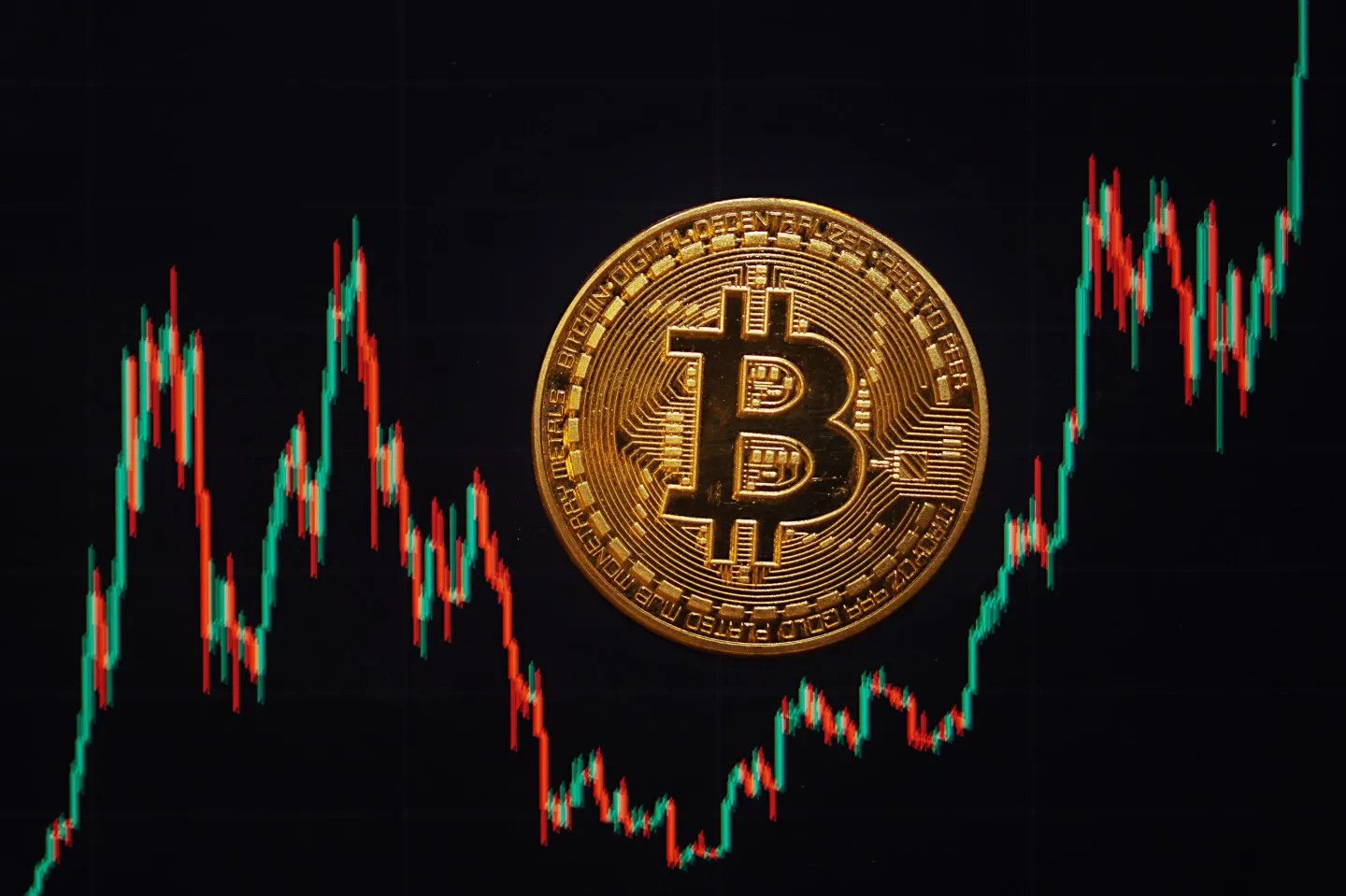The financial landscape is undergoing a massive transformation, fueled by the rapid growth of cryptocurrency and decentralized finance (DeFi). As traditional financial systems evolve to incorporate blockchain technology, investors, businesses, and individuals explore new opportunities while facing unprecedented risks. In this deep dive, we will explore the future of cryptocurrency and DeFi, highlighting both the potential rewards and challenges.
Opportunities in Cryptocurrency and DeFi
1. Financial Inclusion and Accessibility
One of the most significant advantages of cryptocurrency and DeFi is their ability to provide financial services to the unbanked and underbanked populations worldwide. With an internet connection, individuals can access lending, borrowing, and savings platforms without a traditional bank.
2. Decentralization and Transparency
DeFi platforms operate on blockchain networks, ensuring transparency and reducing reliance on intermediaries. Smart contracts automate transactions, eliminating the need for third parties and reducing transaction costs.
3. Yield Farming and Staking
DeFi introduces innovative ways to earn passive income through yield farming and staking. Users can earn rewards by providing liquidity to decentralized exchanges (DEXs) or by staking their tokens to support network security and governance.
4. Tokenization of Assets
Blockchain technology enables tokenising real-world assets, including real estate, art, and commodities. This creates new investment opportunities, enhances liquidity, and allows fractional ownership of high-value assets.
5. Innovation in Payments and Remittances
Cryptocurrencies offer fast and cost-effective cross-border transactions compared to traditional banking systems. This has significant implications for remittances, reducing fees and increasing transaction speed for millions worldwide.
Risks and Challenges in Cryptocurrency and DeFi
1. Regulatory Uncertainty
Governments and regulatory bodies worldwide are still developing frameworks for cryptocurrency and DeFi. The lack of clear regulations creates uncertainty for businesses and investors, leading to potential compliance risks.
2. Security Vulnerabilities
While blockchain is secure, DeFi platforms are vulnerable to hacks, clever contract exploits, and phishing attacks. High-profile security breaches have resulted in significant financial losses, raising concerns about the safety of DeFi protocols.
3. Market Volatility
Cryptocurrency markets are notoriously volatile, with prices experiencing drastic fluctuations. While this presents trading opportunities, it also increases the risk of financial loss for inexperienced investors.
4. Scams and Fraud
The decentralized nature of DeFi makes it susceptible to fraudulent projects, rug pulls, and Ponzi schemes. Investors must conduct thorough due diligence before participating in any DeFi project to avoid potential scams.
5. Lack of Consumer Protection
Unlike traditional financial institutions, DeFi lacks consumer protection mechanisms like deposit insurance. Recovering assets can be challenging if users lose funds due to hacking or technical errors.
The Road Ahead
The future of cryptocurrency and DeFi is promising but requires careful navigation. Regulatory clarity, enhanced security measures, and technological advancements will be crucial in shaping this evolving landscape. As adoption grows, financial institutions and governments must collaborate to create a balanced framework that fosters innovation while ensuring investor protection.
For individuals looking to explore DeFi and cryptocurrency, staying informed, conducting thorough research, and employing risk management strategies are essential. By understanding the opportunities and challenges, investors can make informed decisions and leverage the benefits of this transformative financial ecosystem.



